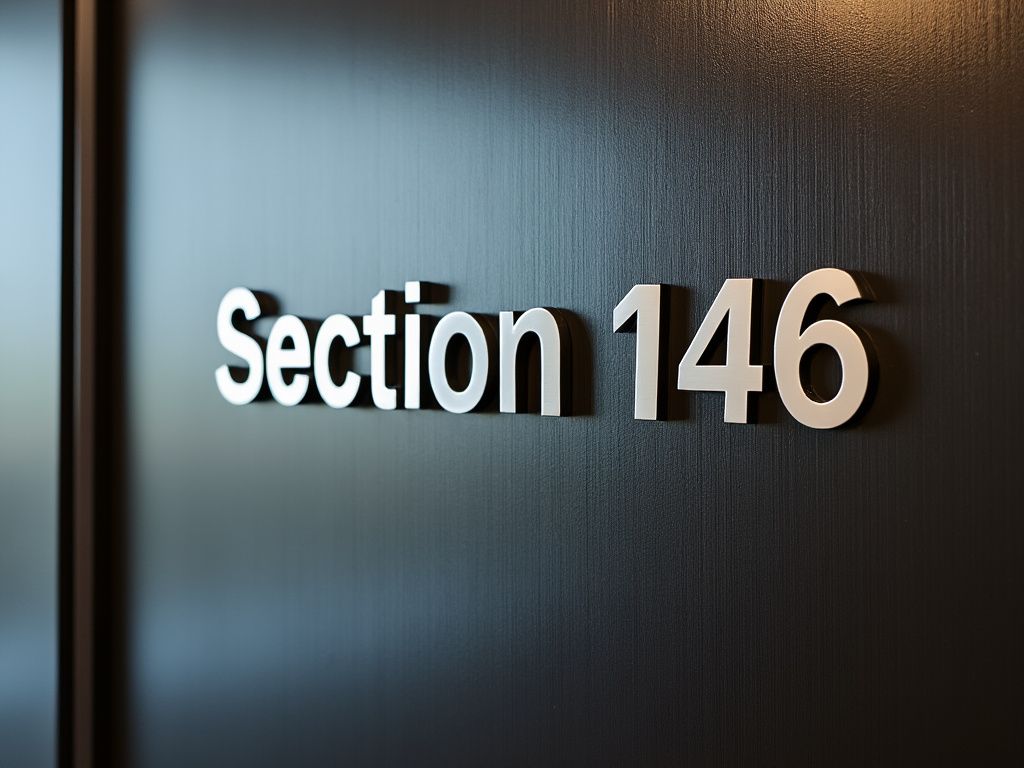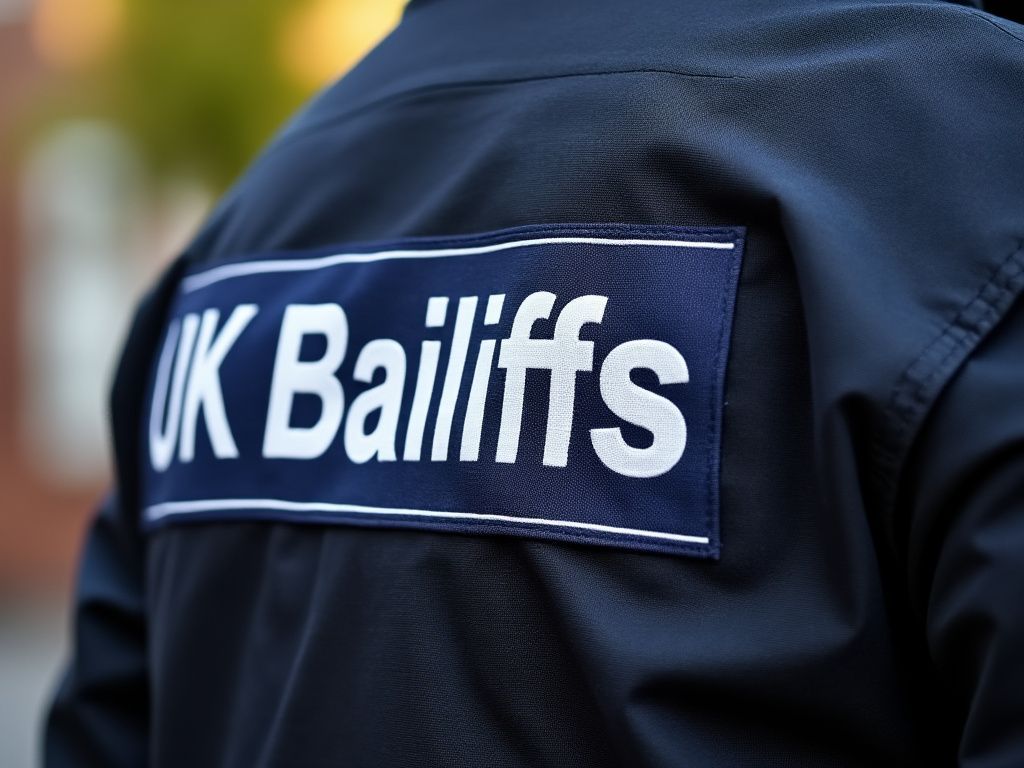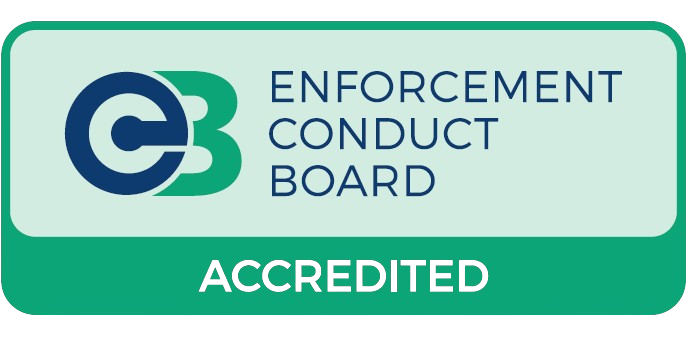Lease Forfeiture | Section 146 | Breach of Tenancy
Section 146 Law of Property Notice for Breach of Lease Tenancy
Section 146(1) of the Law of Property Act
We are asked regularly about lease forfeitures for breaches in leases other than rent arrears. Here we explain what a Section 146 Notice is and how it works for commercial landlords.

Section 146 of the Law of Property Act 1925
Section 146 gives landlords the right to forfeit a commercial lease if the tenant breaches specific lease covenants, following a formal notice process.
How the Notice Works
The landlord must serve a Section 146 Notice that outlines the breach, allows time to remedy (if applicable), and seeks compensation for any damage. This is a legal prerequisite before applying to court for forfeiture.
When It's Not Required
For non-payment of rent, landlords may forfeit a commercial lease without serving a Section 146 Notice. This is typically done through peaceable re-entry via enforcement agents like UK Bailiffs.
Key Conditions
- Written clause: The lease must contain a right to forfeit.
- Reasonable time: The tenant must be given time to comply or remedy the breach.
- Clear details: The notice must outline the breach and desired remedy.

🛠️ What We Can Do
UK Bailiffs can review your lease, draft and serve a compliant Section 146 Notice, and advise you on the next steps toward forfeiture if the tenant fails to comply.
Commercial Lease Forfeiture
Commercial Lease Forfeiture is a legal remedy under English law that allows a landlord to terminate a lease due to tenant breach. UK Bailiffs provides specialist enforcement services to help landlords regain possession efficiently and legally.
Overview
Forfeiture is commonly used when a tenant fails to pay rent or breaches other lease terms. It involves the landlord re-entering the property, effectively ending the lease. UK Bailiffs ensures full legal compliance and minimises disruption.
When Can Lease Forfeiture Be Used?
- Non-payment of rent: The tenant has not paid rent on time.
- Breach of covenant: The tenant has broken lease terms, such as unauthorised alterations or unlawful use.
- Insolvency: The tenant has entered administration or insolvency, affecting lease compliance.
Legal Requirements
- Peaceable Re-entry: Entry must be made without force.
- Section 146 Notice: Required for breaches other than rent arrears, giving tenants a chance to remedy.
- Waiver of Right: Accepting rent after a breach may invalidate the right to forfeit.
Instruction Form




